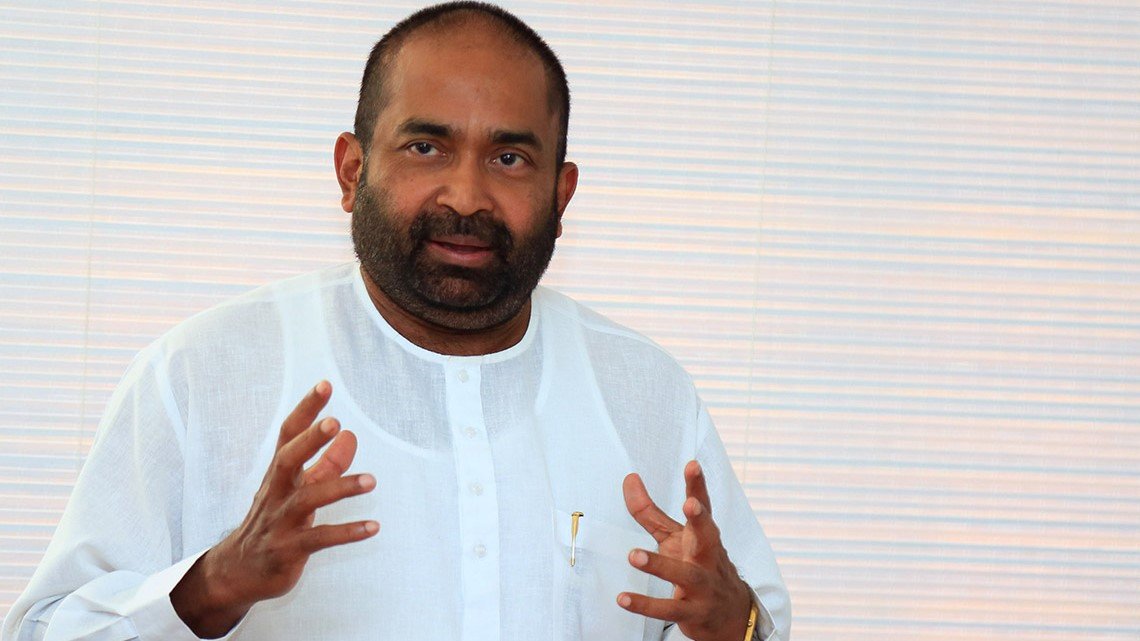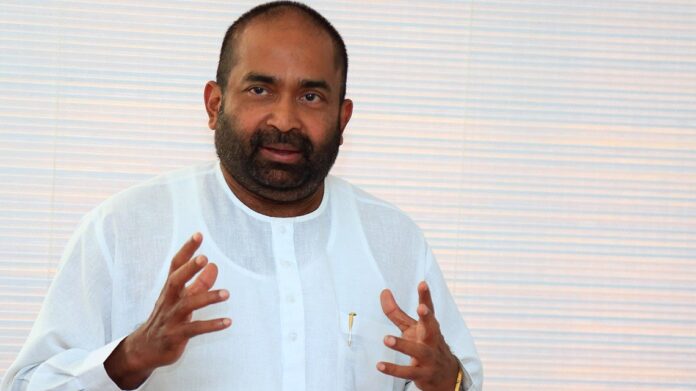
In light of diminished revenue collection and a surge in foreign exchange irregularities, the Sri Lankan government will be instituting new laws pursuant to the Casino Business Act of 2010 and revising the Betting and Gaming Levy Act of 1988 to better oversee the country’s casino industry.
According to Finance Ministry sources consulted by The Sunday Times, the move will enable the Inland Revenue Department (IRD) to implement new casino taxes and distribute new licenses “without any administrative and legal issues.”
The government is reportedly in urgent need of tackling Treasury cash flow issues as its monthly collection of Rs. 141 billion ($378.1 million) is insufficient to pay Rs. 88 billion ($241.6 million) for salaries, Rs. 30 billion ($82.3 million) for pension and Samurdhi welfare, Rs. 6.5 billion ($17.8 million) for fertilizer, Rs. 8.7 billion ($23.8 million) for medicine, and Rs. 154 billion ($422.8 million) for other administration costs including transport.
According to State Finance Minister Ranjith Siyambalapitiya, the annual taxes imposed on casinos have been increased by 150% to Rs. 500 million ($1.3 million) from Rs. 200 million ($549,117).
In addition, a 40 % tax on the profit of casinos will also be introduced following the streamlining of the IRD administrative procedure. The government is also considering the possibility of setting up a Casino Regulatory Authority in accordance with a recent suggestion made by the Committee on Public Finance (COPF).
Although it was proposed to increase the casino entrance levy to US$200 from $100 or the equivalent in Sri Lankan rupees per person sometime back, it was not collected. The Finance Ministry will also reportedly introduce a new rule making it compulsory for foreigners to pay in foreign currencies for betting and gambling. It will also prohibit the system of issuing tokens through foreign agents to enter and play casino games in the country, reports the cited source.
The token system has enabled foreigners to visit Sri Lanka and play casino games making an upfront payment to agents abroad and using chits or tokens purchased from them, with the money deposited in their country. This underground banking method, similar to the “Undial” or “Hawala” system”, has been widely used in the transfer of money from Sri Lanka by local casinos, a senior Ministry official said.
According to the official, an illegal racket that organized tours for wealthy Indians to casinos in Sri Lanka is continuing this practice of allowing local casino operators to stash money abroad.
Original article: https://www.yogonet.com/international/news/2023/01/24/65823-sri-lanka-reportedly-exploring-further-casino-industry-regulation-amid-diminished-revenue-collection














